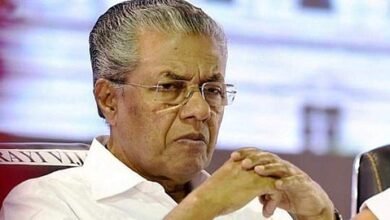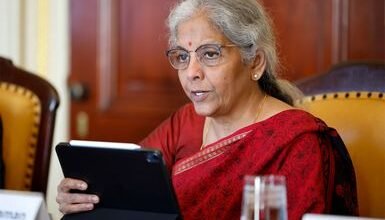
WASHINGTON: A major correction in the US stock market could trigger a global financial crisis more severe than the dot-com crash of 2000, former IMF chief economist Gita Gopinath has warned. Citing record-high global exposure to American equities, she cautioned that the world economy is “dangerously dependent” on Wall Street’s performance.
In an article for The Economist, the Harvard University professor argued that the current market rally, fueled by enthusiasm around artificial intelligence, mirrors the exuberance seen before the tech bubble burst. However, the scale of financial interconnectedness today means the consequences of a downturn would be far more devastating.
“The exposure of the world to US equities is at record levels,” Gopinath wrote. “A stock market correction would have more severe and global consequences as compared to what followed the dot-com crash.”
Gopinath pointed out that a market plunge on the scale of the early 2000s could erase over $20 trillion in wealth for American households, equivalent to 70% of the US GDP in 2024. Such a loss could slash consumption and deliver a two-percentage-point hit to overall GDP growth.
The impact would reverberate globally, with foreign institutional investors potentially facing losses exceeding $15 trillion—roughly 20% of the rest of the world’s GDP. This is double the proportional loss experienced during the dot-com era, which amounted to less than 10% of global output at the time.
Compounding the risk is a series of modern challenges that were not present a quarter-century ago. Gopinath noted that escalating tariff wars, high government debt limiting fiscal stimulus options, and waning confidence in the US dollar as a “flight to safety” asset leave policymakers with fewer tools to manage a crisis.
“The underlying problem is not ‘unbalanced trade’ but ‘unbalanced growth’,” she stated, arguing that strong returns have been too concentrated in the US. The solution, she proposed, lies in fostering higher growth in other regions to rebalance capital flows and place global markets on a more stable footing.
Gopinath concluded with a call for predictable policymaking, especially actions that protect the independence of central banks, calling it “critical to prevent a market collapse.”








